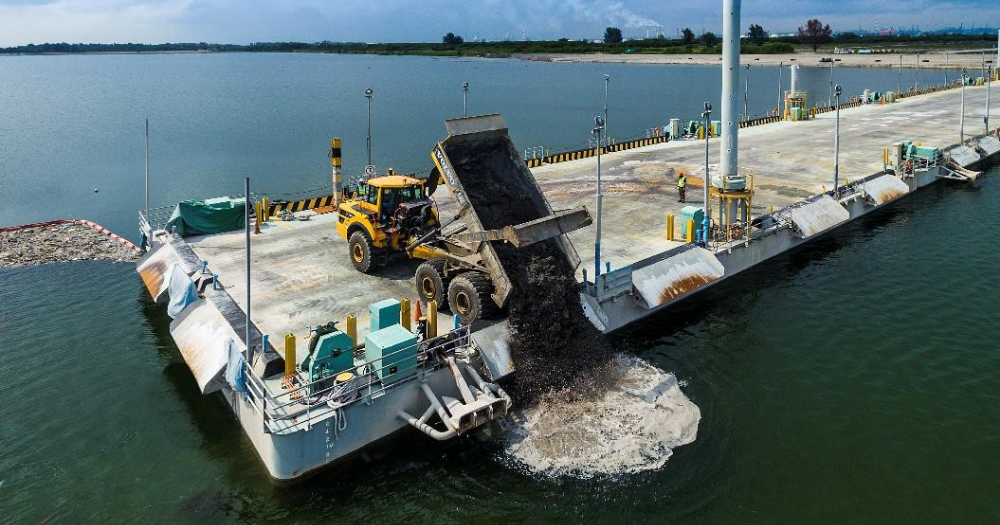
Agrivoltaics is rapidly gaining momentum in Africa as a promising solution to the intertwined challenges of energy access, food security, and climate resilience. As the continent grapples with increasingly erratic weather patterns, rising temperatures, and land scarcity, agrivoltaic systems offer a way to harmonize agricultural production with renewable energy generation. However, to maximize the benefits of this innovative technology, it is crucial to focus on one key area: identifying the optimal combinations of crops and photovoltaic (PV) installations.
Optimizing crop-PV combinations is essential to ensure that agrivoltaics delivers maximum land productivity and economic returns. Different crops have varying needs when it comes to light, temperature, and moisture. Some crops, like leafy greens and shade-tolerant species, thrive under the partial shading provided by solar panels, while others may need more direct sunlight to flourish.

By investing in research to understand these dynamics, agrivoltaics can be tailored to suit the unique environmental conditions of different African regions, enhancing land use efficiency and improving crop yields. Research into these crop-PV combinations is particularly important for regions where smallholder farmers face challenges such as unpredictable weather patterns, limited arable land, and water scarcity. With Africa’s vulnerability to climate change—including extreme heat, droughts, and irregular rainfall—agrivoltaics offers a powerful tool for mitigating these risks.
The shaded microclimates created by solar panels can help reduce crop heat stress and limit water evaporation, making farming more resilient to climate change. Research can pinpoint which crops will benefit most from these conditions, ensuring that agrivoltaics improves both agricultural productivity and climate resilience. Beyond improving resilience to climate change, research into crop-PV systems also contributes to sustainable agriculture.
By minimizing water usage, reducing greenhouse gas emissions, and improving soil health, agrivoltaics aligns with global goals to combat climate change and promote sustainable development. This focus on sustainability can also encourage policies and strategies that promote the green economy, benefiting local communities and the environment. The advancements in agrivoltaics made possible by research can lead to the development of more sophisticated technologies.
Adjustable PV panels, for example, could be designed to optimize light distribution for specific crops. Smart monitoring systems, capable of assessing crop health and energy generation, could provide farmers with real-time data to improve decision-making. Such innovations can only emerge through focused research and development in agrivoltaics.
Africa’s diverse ecosystems and agricultural practices mean that a one-size-fits-all approach will not work. Scientific research must be tailored to identify region-specific crops and PV configurations that will yield the best results in each context. Collaborative efforts between governments, academic institutions, and private sector stakeholders can accelerate the development of region-specific solutions, enabling the widespread adoption of agrivoltaics across Africa.
In addition to driving technological innovation, research on crop-PV combinations can also inform policy decisions and investment strategies. Policymakers can use research findings to design targeted subsidies, incentives, and training programs that support agrivoltaic adoption. For investors and development organizations, evidence-based research can help identify high-potential regions and crops for agrivoltaic projects, improving the likelihood of success and maximizing the return on investment.
Promoting research on optimal crop-PV combinations is essential for advancing agrivoltaics in Africa. Policymakers must work collaboratively to balance the dual imperatives of energy access and food security. By fostering innovation and adopting evidence-based strategies, agrivoltaics has the potential to fuel Africa’s green revolution, benefiting farmers, communities, and the environment.
Exchange Rates (/USD).















